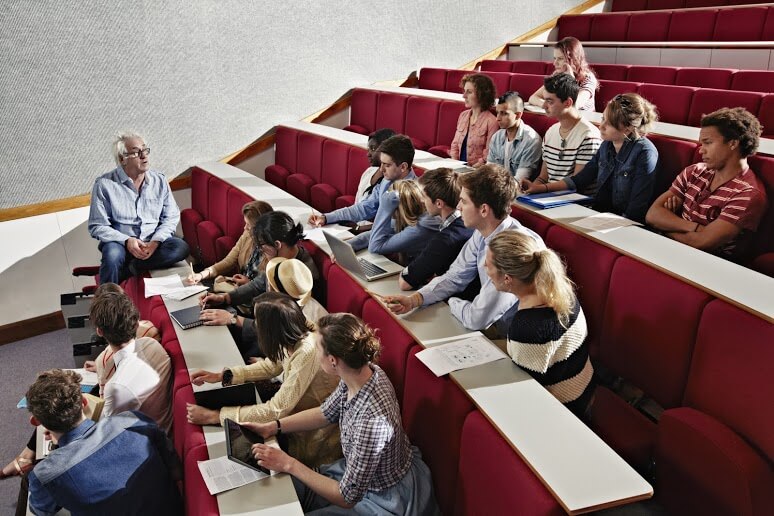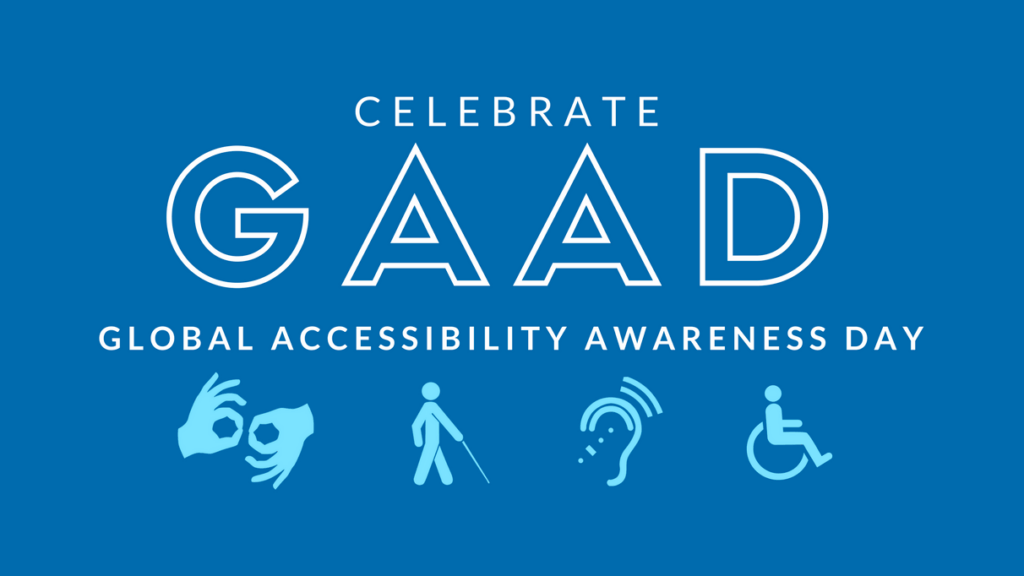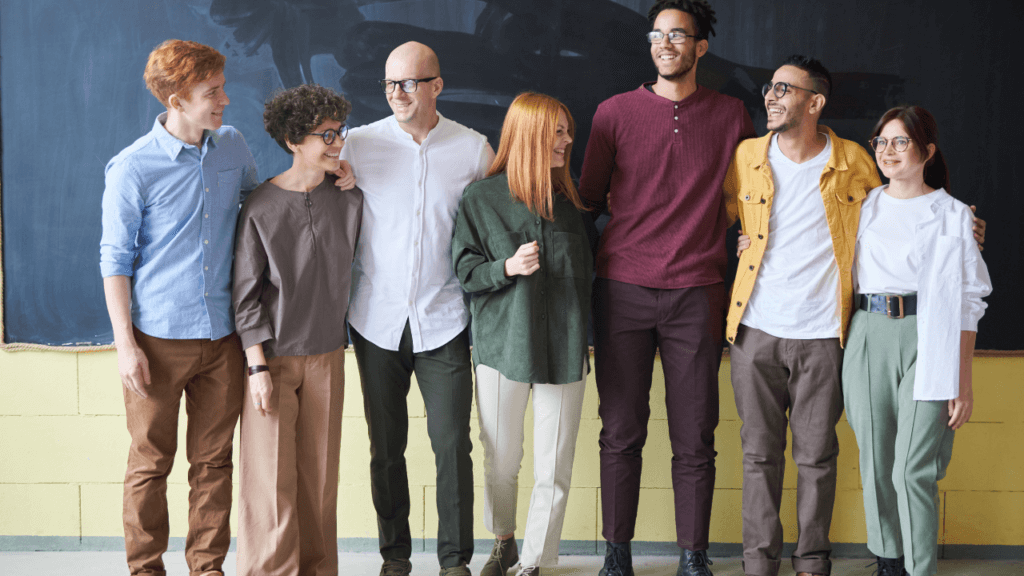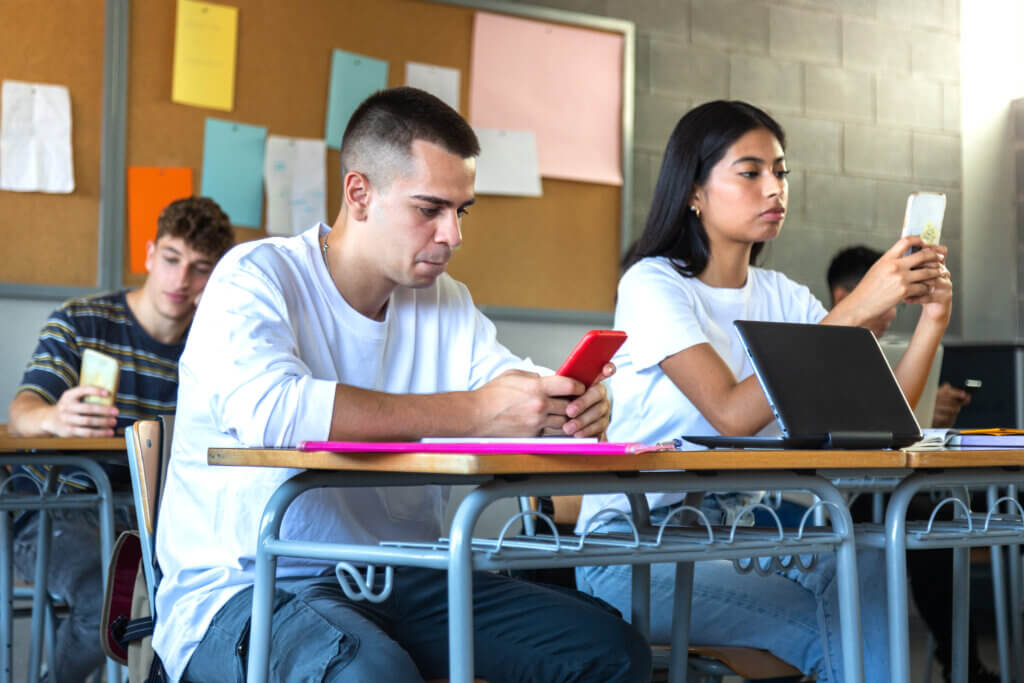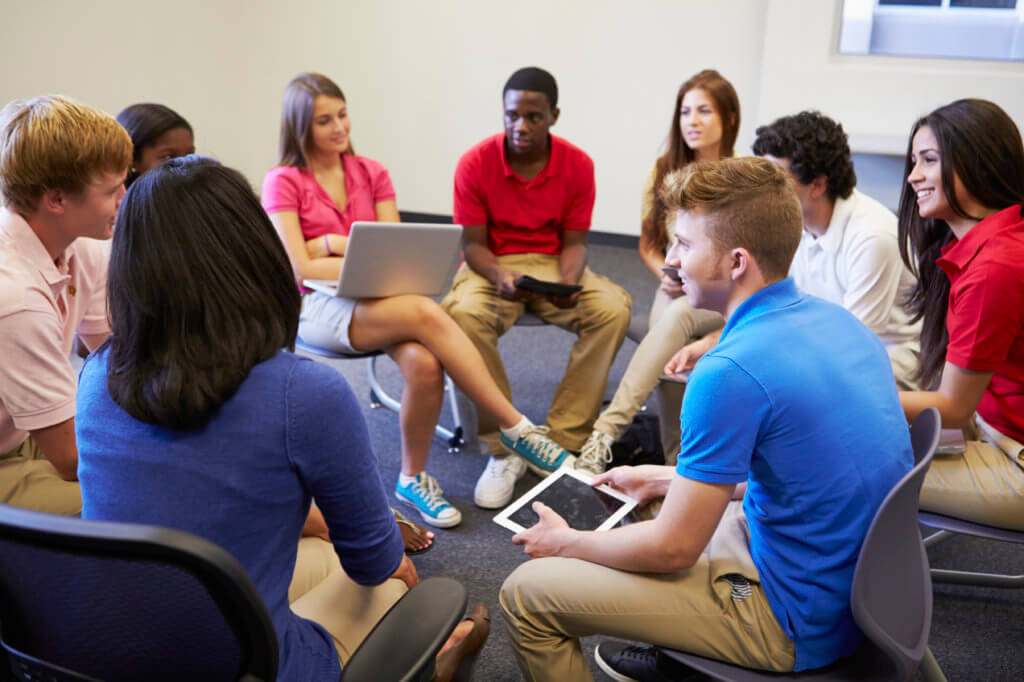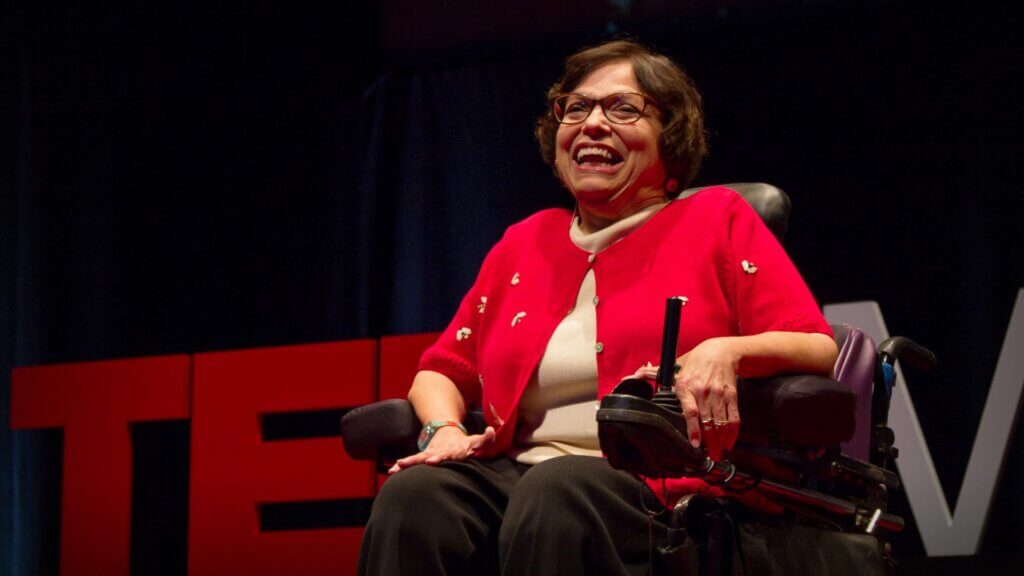What is Social Learning?
 Historically speaking, the most well-known theory of social learning was researched in the 1960s and theorized in the 1970s by Albert Bandura, who emphasized the importance of observing, modeling, and imitating the behaviors, attitudes and emotional reactions of others.
Historically speaking, the most well-known theory of social learning was researched in the 1960s and theorized in the 1970s by Albert Bandura, who emphasized the importance of observing, modeling, and imitating the behaviors, attitudes and emotional reactions of others.
Also referred to as “observational learning,” social learning presents three core concepts to learning, including that people can learn through observation, that internal mental states are essential to the process, and that learned behaviors don’t necessarily result in changed behaviors.
YuJa Video Platform Facilitates Social Learning
The social learning theory has numerous real world applications, particularly in educational environments. Since Bandura introduced the theory, researchers, parents and teachers alike have been implementing innovative educational methods to help students learn.
YuJa offers practical and easy tools to help implement social learning into educational models.
Flipped Classroom: In a flipped classroom model, instructors pre-record lectures and students watch the video as homework. In class, teachers are available to answer questions and students can work collaboratively. Social learning is applied through observing behaviors and actions of other students and applying successful methods to their own learning. With YuJa’s Video Platform, instructors can:
- Record their video and voice alongside slides, documents and screen captures.
- Create video tutorials, pre-recorded lessons and clarifications, all within their favorite web browser.
- Pull in instructional material from any source and create a multimedia recording that can be published with a single-click.
Gamification and Simulations: Gamification adds game design elements to the educational environment to promote interactivity, motivation and engagement. Instructors turn an activity into a competitive game, host a mock trial or digital simulation. Through these experiences, students learn from their peers.
- YuJa offers video quiz gamification capabilities in which instructors can design a choose-your-own-adventure type video quiz.
- A decision point question type provides the ability to customize the linear progression of a video-based quiz depending on the response to a proposed decision point.
- It enables an interactive user experience where video content can be sequenced in a non-linear fashion based on interactive input.
Peer Coaching: Student peers serving as coaches is another way students can learn from one another. Whether it’s peer editing, helping solve equations or working together on a project, instructors can match students whose skills complement each other.
YuJa facilitates peer coaching in many ways, some of which include:
- Students can review lecture captures, ingested media, and curated content within unified media channels through mobile playback.
- The Video Platform features integrated real-time Q&A discussions. Post-class conversations flow naturally across all devices.
- File and presentation sharing is made easy within the Video Platform.
There’s no argument that social learning benefits students. With YuJa, it’s simple to find ways to incorporate it into your everyday teaching style.
